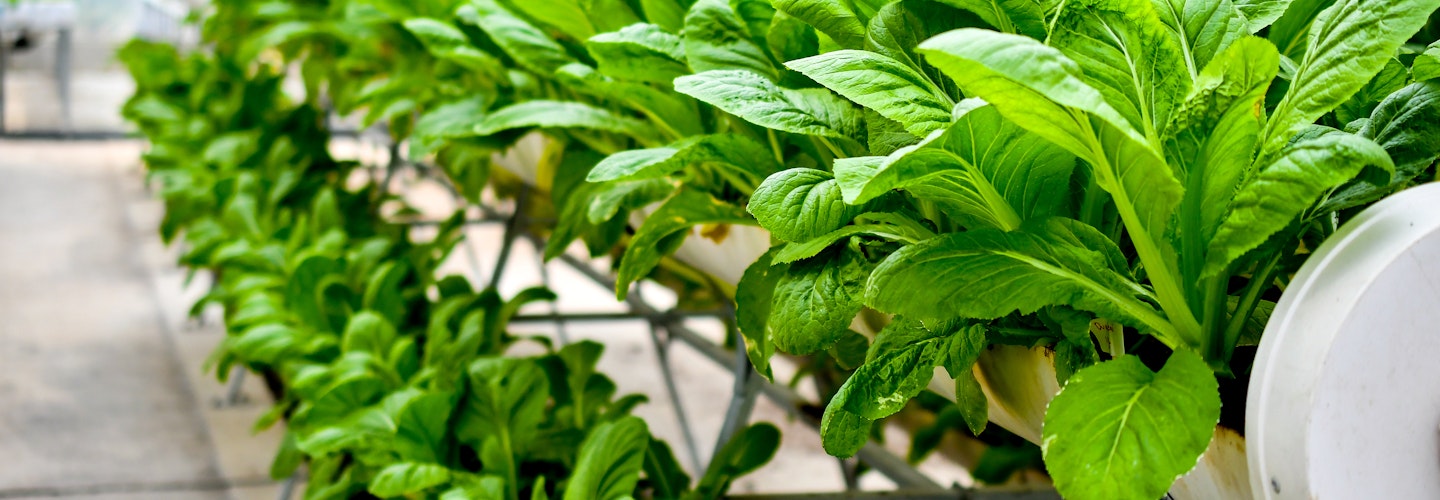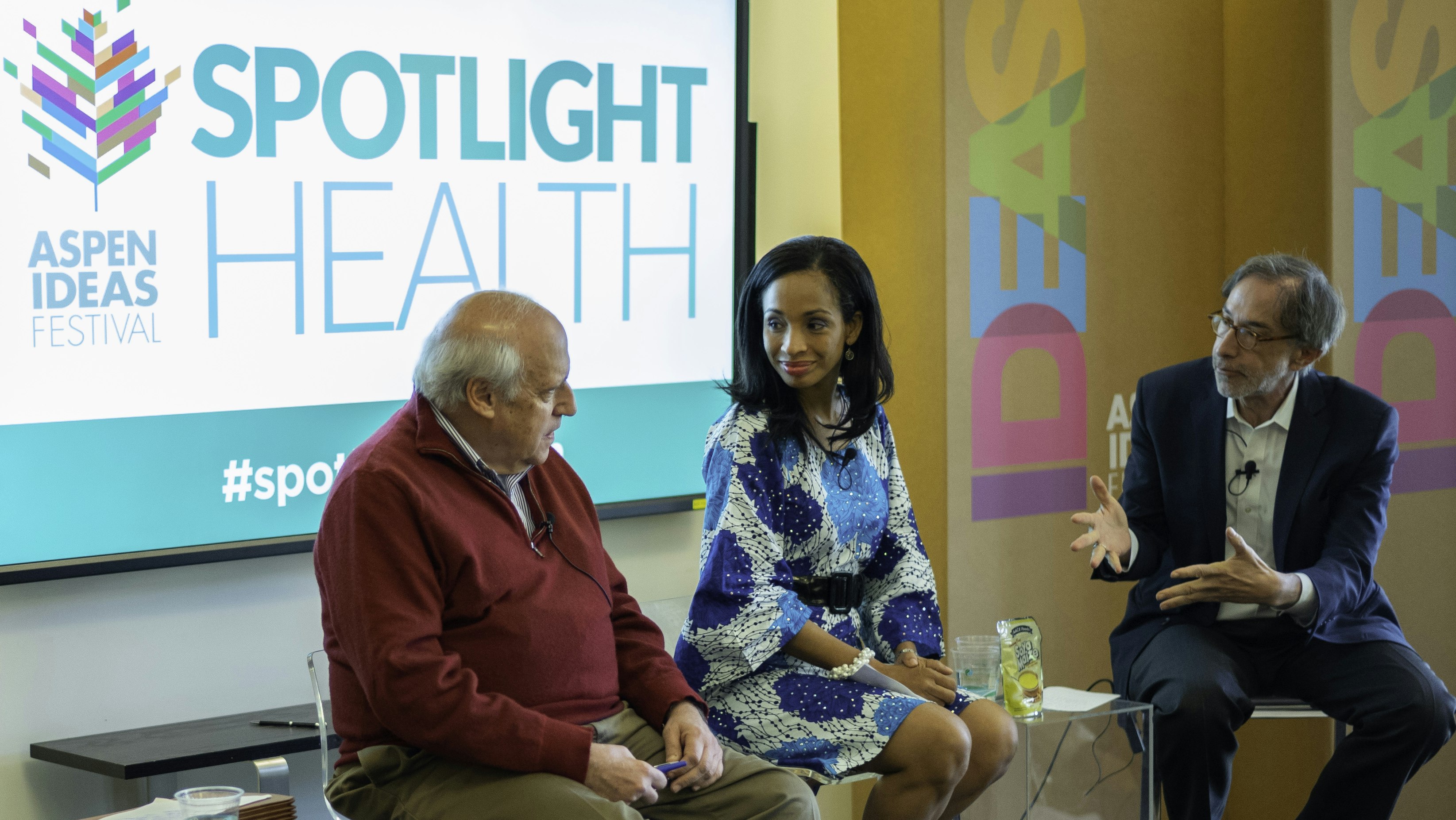

If you haven't tried a meatless burger yet, scarcity won't be an excuse much longer. Plant-based meat is exploding in popularity, with fast-food chains and grocery stores now peddling various companies' veggie patties. Plant-based meat companies used to be underdogs (the creators of Beyond Meat and the Impossible Burger, respectively, spoke at Aspen Ideas: Health in 2016 as humble entrepreneurs), but as Forbes reports, major food producers are betting big on what they see as the future of food. So what's causing companies and consumers alike to think twice about the ubiquitous beef patty? A changing climate and swelling global population add up to grave concerns about our increasingly precarious food system.
Unpredictable weather patterns, shifting climatic zones, and international trade all spell trouble for the foods we've traditionally grown and eaten. Factoring in the dire need to feed ballooning populations around the world, it's clear that farming techniques, crops, and policies will have to change along with our climate — and that's where innovations like meatless meat come in. Plant-based burgers can sate our tastebuds while limiting greenhouse gas emissions and tapping into a more flexible food supply.
Plant-based meat companies are just some of the food innovators trying to adapt our food systems. Uma Valeti of Memphis Meats is tackling meat consumption in his lab, and he's already seen success in growing what he calls "cell-based meat" directly from animal cells, without the need to raise animals. Cell-based meats offer the taste and texture of real meat (at least that's the hope) without the emissions.
Beyond meat, agriculturists are exploring what it means to produce food sustainably and the reality of scaling these practices to feed a hungry planet. From the specific crops we plant, to how they're grown and distributed, farmers are bracing themselves for fundamental shifts in traditional agriculture.
It's clear that a one-size-fits-all approach to changing our food systems is a recipe for disaster, and the work of food scientists to get ahead of the coming challenges is finally getting the attention it deserves. Whether through government grants, venture capitalists, or more people buying meatless meat, the food we eat in the 21st century will be like nothing we've ever eaten before.
— written by Noah Fribley, Aspen Ideas Festival






